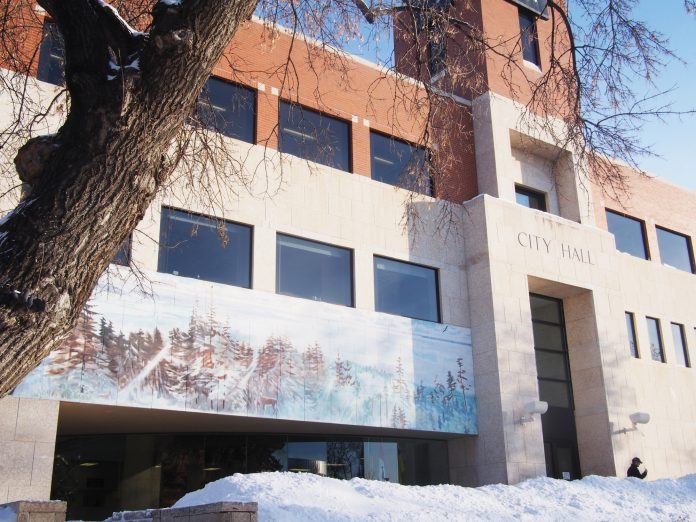Prince Albert received some new money and lost some in the provincial budget tabled in the provincial legislature.
The city will see two sources of new revenue coming in from the province, however two other sources of revenue will be reduced or cut completely.
The budget includes a reduction in Municipal Revenue Sharing (MRS) across the board. In total, urban municipalities will receive $10.7 million less this year, while rural municipalities will see a total decrease of $4.7 million, and northern municipalities will receive $1.2 million less.
The revenue sharing is calculated based on one percentage point of PST revenue.
Prince Albert’s share of MRS money will decrease from $6.77 million to $6.33 million, a difference of $440,000.
In terms of other funding, police grants and the New Building Canada Fund grants increased, while the Clean Water Wastewater Fund decreased.
The decrease in revenue sharing will be partially offset by a pair of new funding initiatives announced in Tuesday’s budget.
One is the reinstating of grants-in-lieu of taxes (GIL).
The payment of GIL was ended for SaskEnergy and SaskPower in the 2017-18 budget. Under the new funding formula, the grants will be paid on SaskPower and SaskEnergy owned real-estate assets, such as office buildings. Generation, transmission and distribution facilities, as well as pipelines and land, will be excluded.
The payment of GIL will add $178,000 to City of Prince Albert coffers.
The budget also introduced changes to the SaskEnergy Municipal Surcharge. This surcharge is added onto consumers’ SaskEnergy bills, and the revenue earned from those bill payments is directed to municipalities.
Previously, 109 communities collected the surcharge at a rate of three per cent. It was added to consumers’ energy bills. The surcharge was eliminated last year, but is being returned in the 2018-19 budget.
In the 2018-19 budget, the program will be available to all municipalities on an opt-in basis at a rate of five per cent. For municipalities where the surcharge already existed, the added cost is expected to be $18 per year. In municipalities where it was not collected, it will add $45 per year to energy bills.
If Prince Albert participates in the program, the city will add $834,000 in revenue.
That big gain though, is lessened when the elimination of offset payments is taken into account.
Last year after the grants-in-lieu funding was cut, the province made one-time offset payments to some affected municipalities to lessen the burden. That offset payment for P.A. was $603,000. It has been eliminated.
The total change in grants-in-lieu payments and surcharges, if Prince Albert participates, come to $409,000.
When the reduction in revenue sharing is considered, leaving aside any infrastructure projects funded through the joint agreements between municipal, federal and provincial governments, the city receives $31,000 less compared to the 2017-18 budget.


